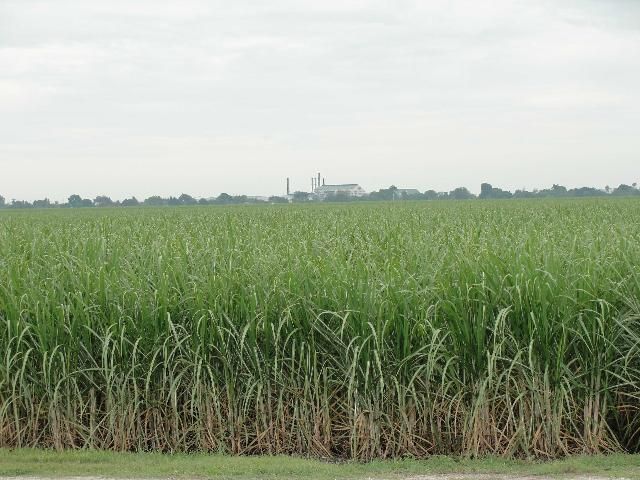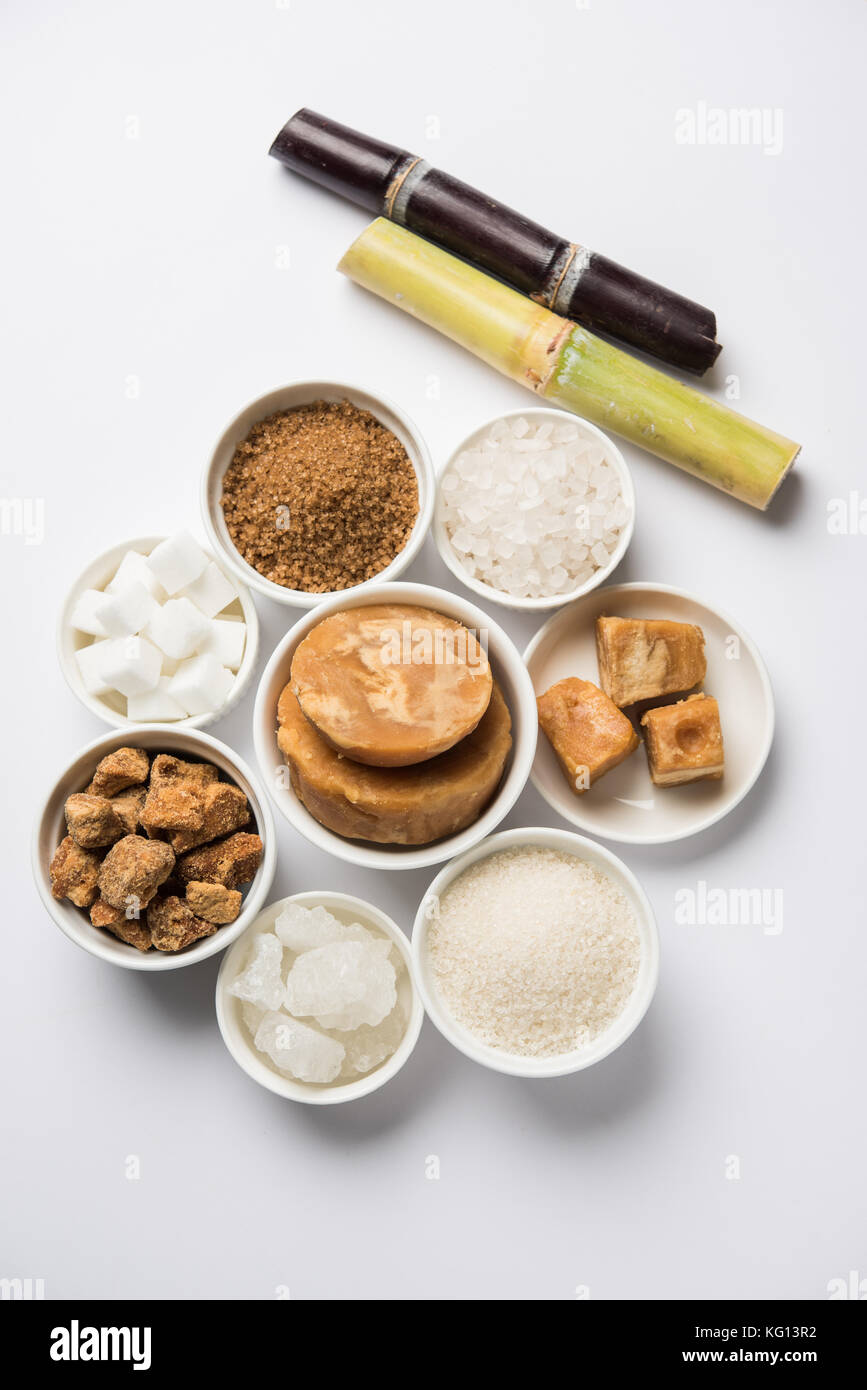Lasting Sugarcane Products: From Sweeteners to Eco-Friendly Product
The possibility of lasting sugarcane items extends beyond standard sweeteners to include a series of environment-friendly goods, presenting a compelling situation for their integration into modern consumer practices - sugarcane product. As the globe faces pushing environmental concerns, sugarcane arises as a functional source capable of addressing both nutritional needs and sustainability goals. This conversation will certainly check out how innovations in sugarcane growing and processing can lead to substantial improvements in naturally degradable product packaging and eco-conscious fabrics. What ramifications might these developments have for future customer options and environmental influence?
Review of Sugarcane Sustainability
As the demand for eco friendly items grows, recognizing sugarcane sustainability becomes progressively essential. Sugarcane, a functional crop, is grown mainly in subtropical and exotic regions, and its sustainability is important for both environmental health and wellness and financial practicality. Lasting sugarcane farming techniques concentrate on lessening eco-friendly impact while taking full advantage of performance and profitability.
Trick elements of sugarcane sustainability consist of effective land usage, reduced chemical input, and improved water administration. Practices such as plant turning, integrated insect administration, and natural fertilization add to soil health and wellness and biodiversity. Furthermore, ingenious innovations, such as accuracy farming, aid optimize resource usage and lower waste.
Moreover, sugarcane is a renewable energy, with spin-offs that can be utilized in numerous sectors, from biofuels to naturally degradable plastics, thus minimizing dependence on nonrenewable fuel sources and reducing carbon impacts. Qualifications like the Bonsucro standard encourage sustainable techniques throughout the supply chain, advertising openness and liability.

Sugarcane-Based Sweeteners
Utilizing sugarcane as a key resource, sugarcane-based sweeteners have acquired prominence as all-natural choices to fabricated sugar and polished sugars (sugarcane product). These sweeteners, stemmed from the removal and processing of sugarcane juice, offer a series of items that satisfy varied customer preferences, consisting of organic and minimally processed alternatives
Amongst the most remarkable sugarcane-based sugar are raw cane sugar, panela, and molasses. Raw walking stick sugar keeps even more of the all-natural flavors and nutrients discovered in sugarcane, making it a preferred choice for health-conscious consumers. Panela, a typical Latin American sugar, is created by vaporizing sugarcane juice, preserving its natural minerals and vitamins. Molasses, a by-product of sugar extraction, is abundant in antioxidants and crucial nutrients, acting as a nutritious sweetening representative in various cooking applications.
The expanding demand for sugarcane-based sugar is driven by increasing recognition of health and sustainability concerns related to traditional sugar. By choosing sugarcane-derived products, customers not just support sustainable farming techniques but also add to a much healthier lifestyle, aligning their nutritional selections with their ecological values.
Naturally Degradable Product Packaging Solutions
Becoming a feasible choice to standard plastics, biodegradable packaging options originated from sugarcane are changing the product packaging industry. These innovative materials offer an click to investigate eco pleasant alternative that resolves the expanding concerns over plastic pollution. Utilizing the natural sugars found in sugarcane, producers are establishing different kinds of biodegradable packaging, including movies, containers, and covers that decay more quickly than standard plastics.
The try here main benefits of sugarcane-based packaging lie in its renewable sourcing and its ability to damage down into safe byproducts. Unlike fossil fuel-derived plastics, which can continue the environment for centuries, sugarcane packaging usually breaks down within a few months under proper problems. This decrease in waste not only reduces landfill overflow yet additionally reduces the carbon footprint connected with product packaging materials.
Furthermore, sugarcane-derived packaging keeps robust performance features, offering comparable durability and capability to standard choices. As businesses and customers significantly focus on sustainability, the adoption of eco-friendly product packaging remedies represents a substantial step towards a round economy, where products are reused and regenerated as opposed to discarded. This change not only boosts brand photo however also adds to a more sustainable future for the world.
Eco-Friendly Textiles and Fabrics
Environmentally friendly fabrics and materials are gaining traction in the style and home items markets as customers progressively demand sustainable choices to conventional products. Amongst the noteworthy alternatives are materials stemmed from sugarcane, which supply an environmentally accountable alternative to artificial fibers. These textiles are created via a process that makes use of the sustainable sources found in sugarcane, dramatically decreasing dependence on petroleum-based materials.

As the market for sustainable textiles expands, customers can look ahead to innovative layouts that incorporate design with ecological duty. Ultimately, green textiles and fabrics represent a significant action towards minimizing the fashion industry's ecological footprint while catering to the expanding demand for responsible customer options.
Advancements in Sustainable Farming
Changing agricultural techniques, developments in lasting farming are transforming the means crops are expanded and taken care of. These developments concentrate on minimizing ecological influence while optimizing efficiency and efficiency.

Additionally, agroecology, which incorporates ecological principles into farming, advertises biodiversity and dirt health. Practices such as crop rotation, cover cropping, and intercropping foster resistant ecosystems that can endure bugs and environment variants - sugarcane product. Furthermore, using natural plant foods and biopesticides adds to much healthier dirts and ecosystems

With each other, these advancements are not just navigate here improving the agricultural landscape but also adding to an extra lasting future for sugarcane and other crops, aligning farming exercise with environmental stewardship.
Conclusion
Lasting sugarcane items stand for a substantial innovation in eco-friendly choices, covering from natural sugar to naturally degradable items. The farming of sugarcane with sustainable techniques not only enhances ecological health and wellness but also contributes to financial feasibility. As consumer preferences increasingly lean towards lasting options, the convenience of sugarcane as a renewable energy comes to be progressively relevant. This trajectory underscores the value of continued technology and commitment to lasting practices within the sugarcane sector, cultivating an extra sustainable future.
The possibility of sustainable sugarcane items expands beyond standard sugar to encompass a range of environment-friendly items, offering a compelling situation for their assimilation right into modern consumer methods. Lasting sugarcane farming methods concentrate on decreasing ecological effect while optimizing performance and profitability.
Sustainable sugarcane items represent a significant development in environment-friendly choices, extending from all-natural sugar to eco-friendly items. The cultivation of sugarcane through sustainable practices not only enhances environmental health but likewise contributes to economic practicality. As consumer preferences increasingly lean towards lasting alternatives, the convenience of sugarcane as an eco-friendly source ends up being progressively appropriate.